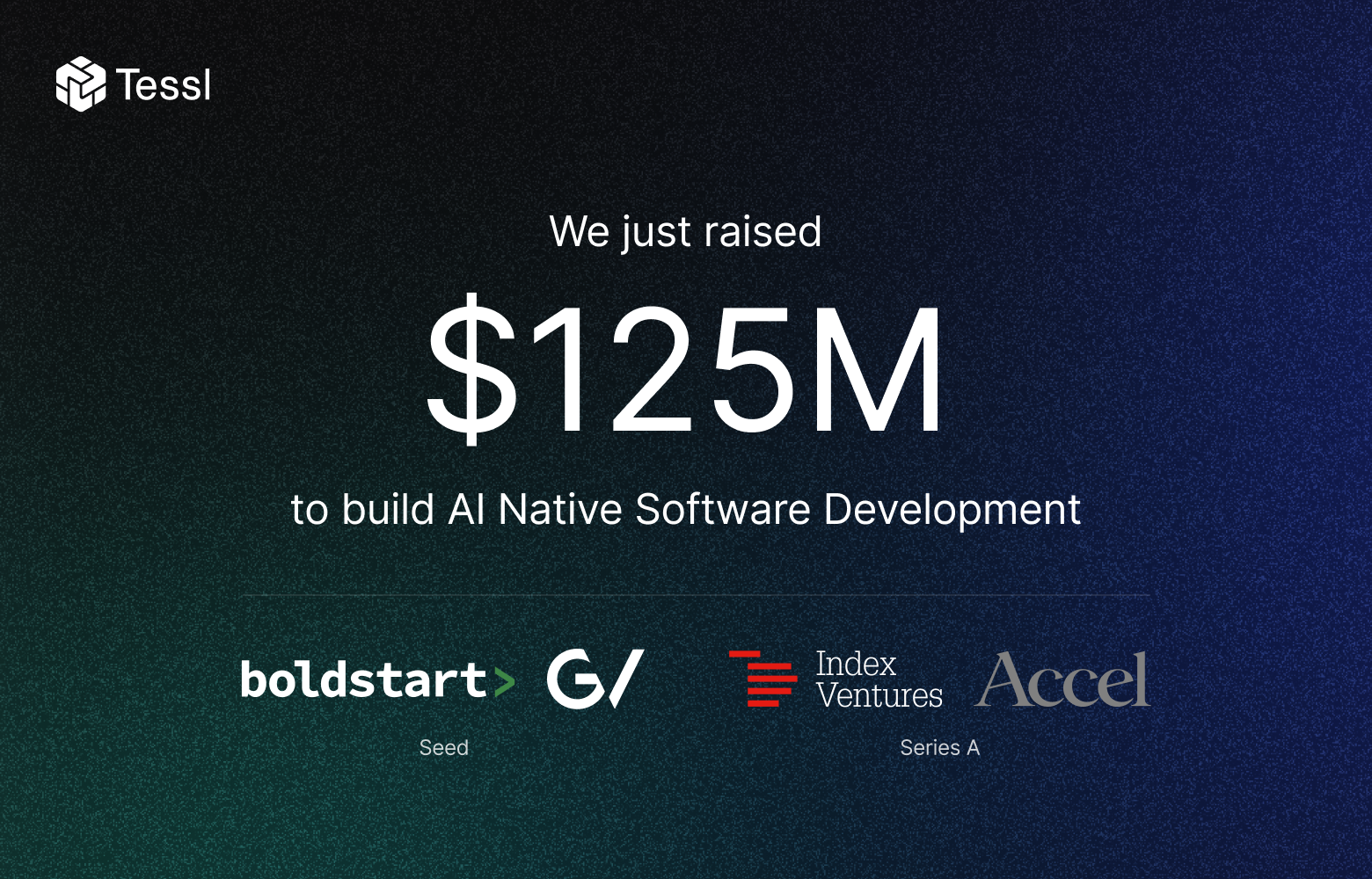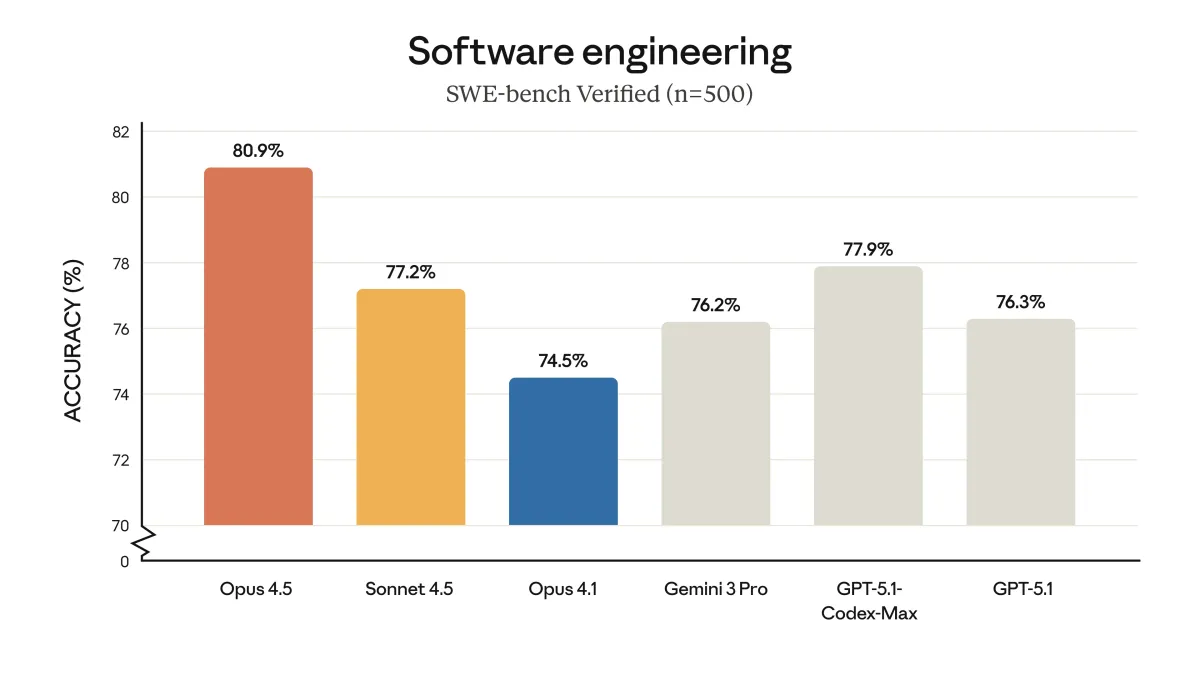Tessl recently published an update on the progress of its AI-powered, spec-centric AI-powered software development platform. Notably, the startup opened by sharing that it has raised $125 million across two funding rounds: a $25 million seed funding round co-led by boldstart and GV and a $100 million Series A led by Index Ventures with participation from Accel. According to several reports, these two rounds place Tessl at a $750 million post-money valuation.
Founded by Guy Podjarny, the creator of the $7.4 billion cybersecurity company Snyk, Tessl is building an "AI native" platform to usher in a new paradigm of how software is created and maintained with the help of AI. Unlike current AI-powered software development tools, Tessl wants developers and their teams to stop looking at software development as a code-centric process. Rather, Tessl is described more as a collaborative platform where developers and their teams (which may include individuals with varying levels of coding proficiency) can write and edit specifications (what they want the software to do) entirely in natural language, and then have an LLM create and maintain code, with human guidance when necessary.
Tessl envisions a future in which this level of automation will enable teams to do every optimization they currently lack the resources or expertise to do, including tracking and solving security flaws, accessibility issues, and performance gaps; keeping documentation up to date; and performing and regularly updating compliance tests. Moreover, since Tessl-created apps will be language-agnostic, they can easily be adapted from one language to another, or customized to fit specific environments. Podjarny has even stated he has talked to the teams behind other coding assistants to integrate support so that software written using those assistants can be maintained using Tessl.
Tessl's platform is still unavailable to the wider public, but the startup recently opened up an early adopter waitlist for interested developers to try the product and provide feedback. According to the startup's post, a full launch is planned for 2025.





Comments